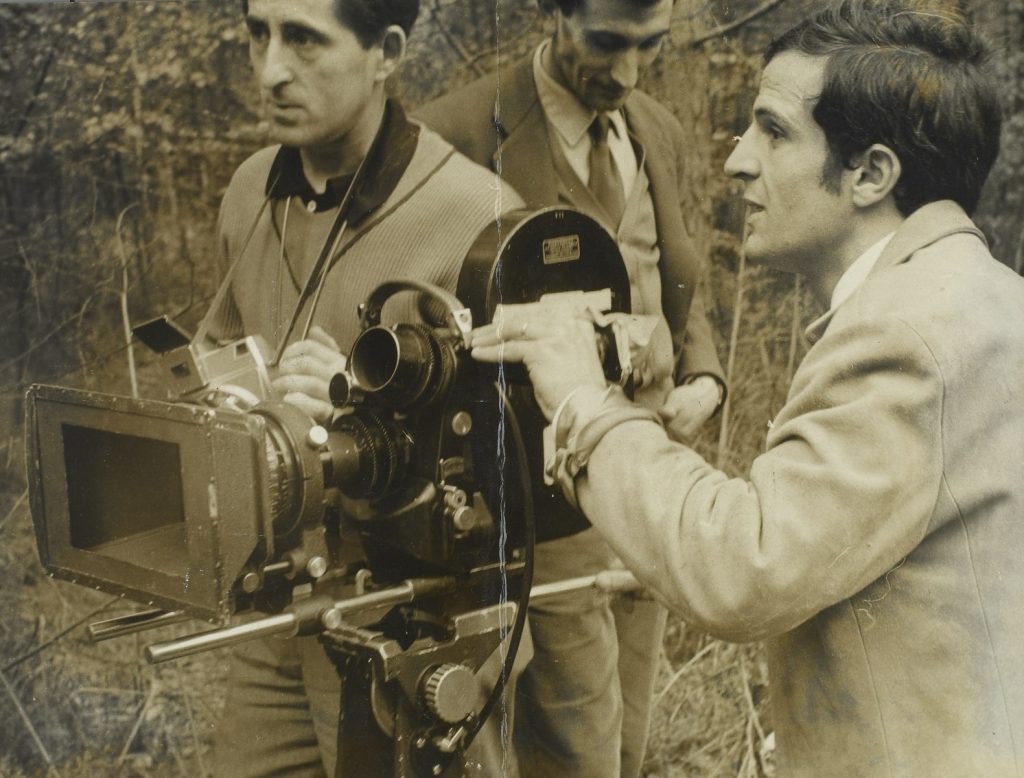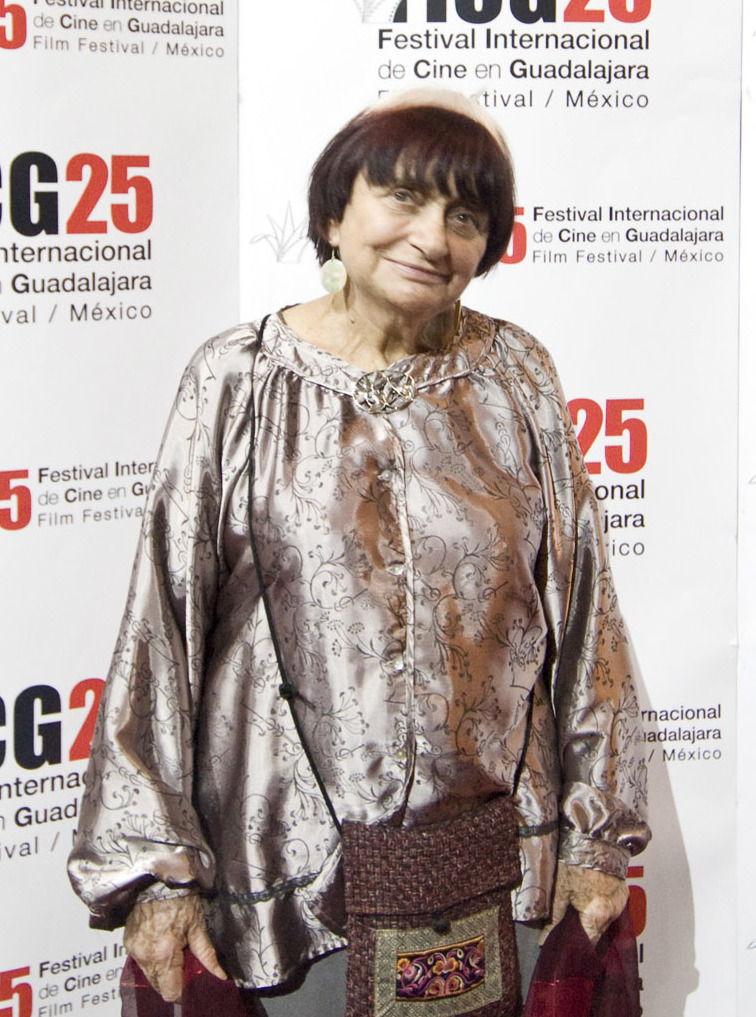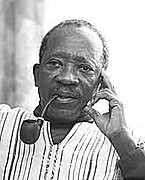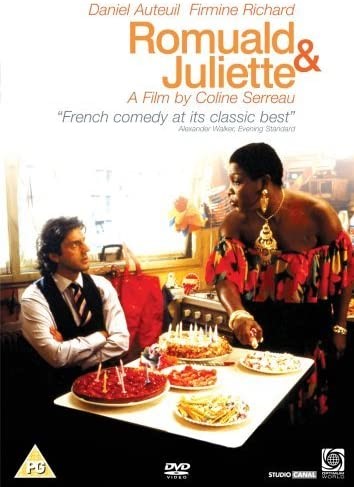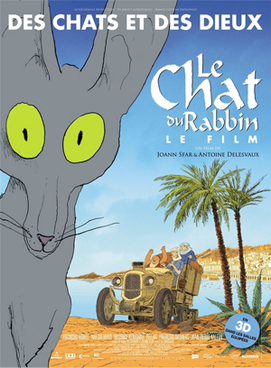On the blog this week, former student and student ambassador, Elise, reflects on her year abroad. Despite logistical challenges, Elise managed to tailor her year to align with both her academic goals and professional aspirations.
My year abroad was over 2021-2022 and, as I think pretty much every languages student will tell you, ended up being wonderfully not to plan! Thankfully, having an EU passport meant I avoided the visa and administration challenges that many others experienced. Covid was the first spanner in the works. The pandemic meant that many organisations in France were not actively hiring, and consequently university partnership places were wildly oversubscribed. When someone dropped out of the Erasmus programme over summer 2021, I managed to secure their spot for the 2022 summer semester at the Sorbonne.
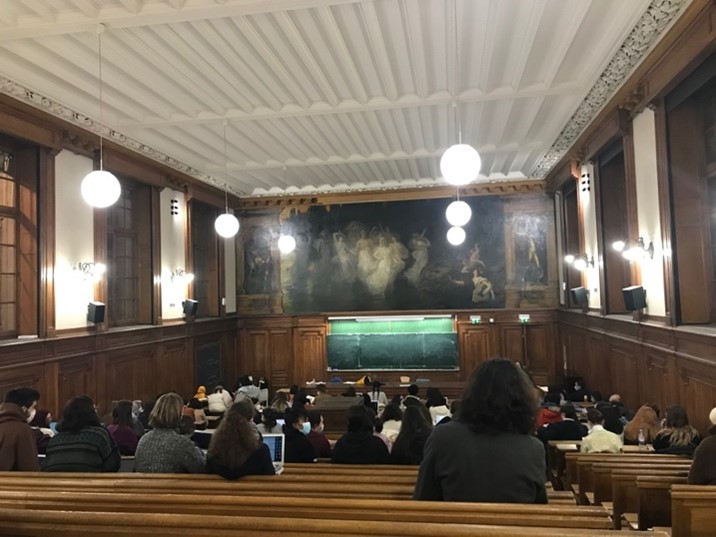
The summer semester goes from January to May. The teaching experience was very different to my first two years at Oxford. Classes came in two forms: CMs (cours magistral) which are large-scale lectures in amphitheatres; and TDs (travail dirigé) which are seminar-like classes often with about 30 students – bigger than typical Oxford class sizes which makes for a different participation dynamic. The CMs typically lasted 1hr-1h15 but the TDs were often 2hrs with a 5-minute break. From a concentration perspective, 2hr TDs took a little getting used to! Classes were also located all over Paris – definite metro distances, rather than Oxford’s walking distances. The Sorbonne has 29 different campuses over the city and I moved between two: the original site in the 5ieme arrondissement which is informally called ‘La Sorbonne Mère’, and the ‘Campus Clignancourt’ which is the 18ieme arrondissement, the final stop on metro line 4.
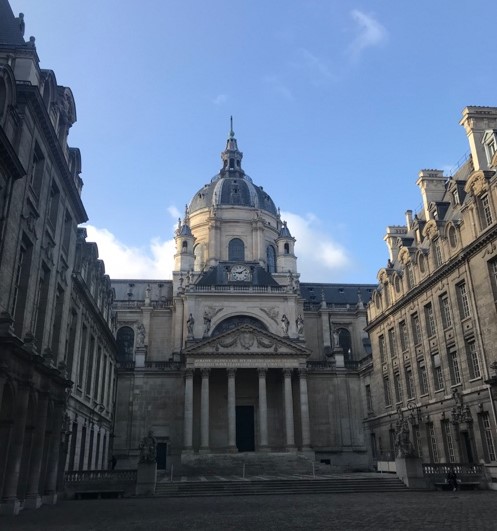
Subject choices determine the campus you are taught at. As a French and Philosophy student looking to work in theatre and film after graduation, my priorities were picking anything which would sustain my Oxford studies, particularly for philosophy, and allow me to expand my knowledge of French theatre and cinema. I kept up my language work by choosing translation classes (English to French and French to English) and then fought for places on the oversubscribed Philosophy courses: ‘Histoire de la Philosophie Antique’ and ‘Textes Philosophiques en Anglais: Hume’. My favourite classes by far were ‘Initiation à l’histoire et à l’analyse de l’image’ in which we traced the history of cinema through a series of film case studies from the 1820s to 2008; and ‘Littérature et cinéma’, a class dedicated to the work of Eric Rohmer and the relationship between his films and literature.
The Erasmus community often bonded quickly in classes, but it was trickier to meet French students. I met the French friends I am still in contact with two years later through the extra-curricular opportunities. I jumped at the chance to get involved in student theatre. Extracurriculars are run more centrally at the Sorbonne than at Oxford. Student theatre is run by the university itself and they invite external practitioners to work with students and direct pieces over the term. I workshopped and performed two French-language devised productions.
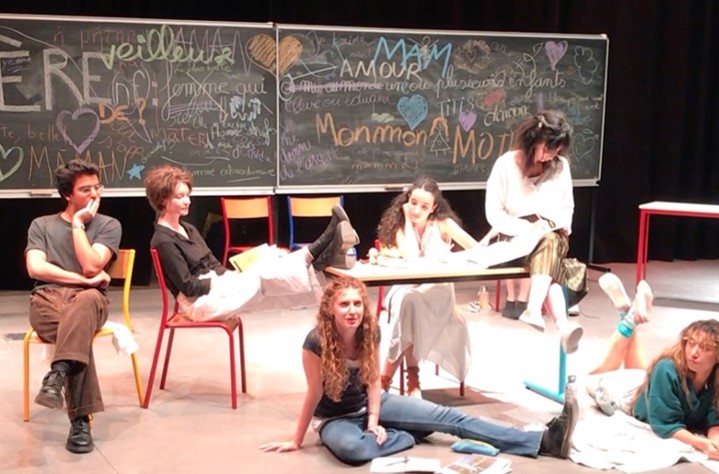
The first, ‘Mère(s)’, explored motherhood and the figure of the mother, sewing together pieces in French, Spanish, Arabic and English. I was introduced to the work of Pierre Notte and Guillaume Gallienne and given the chance to perform extracts in French from their respective works ‘Moi aussi je suis Catherine Deneuve’ and ‘Les garçons et Guillaume, à table!’. The devising process also involved me translating moments from Andrew Bovell’s Things I Know To Be True into French as well as constructing a version of Act 3 Scene 4 of Shakespeare’s Hamlet in which I, as Gertrude, performed the original English text in conversation with a French-speaking Hamlet, whose lines were taken from a French translation of the play.
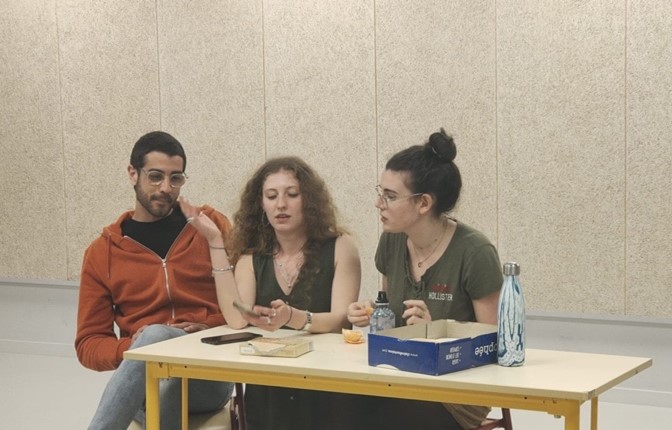
The second project, ‘Bienvenue chez nous!’, was a forum theatre improvisation-based show of conversations about ecology in different household settings. This piece was particularly terrifying to build as we were improvising on stage in French. It forced me to be quick on my feet, listen carefully to what was said by others and be brave in my responses before my peers and the later audience. By being willing to risk making vocab and grammar mistakes, I inevitably expanded my vocabulary and strengthened my confidence in my spoken fluency. With trust and risk taking at the core of an improvisation project, we also grew close as a cast. I am still friends with the girls I worked with and we have continued to reunite in London or in Paris over the subsequent two years.
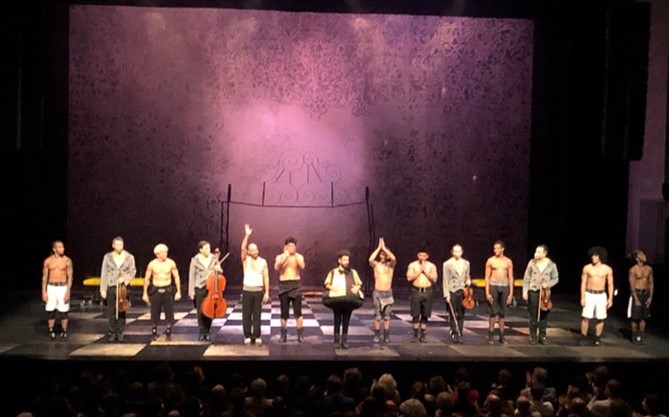
The other way I made wonderful French friends, especially ones with shared interests, was through culture trips offered by the Sorbonne. Through an online portal, they organise free visits to theatre and dance shows, music concerts and museum exhibitions. A group of us started booking onto the same events and regularly going together. You often had an afternoon workshop about the event, and then the visit itself. It was a great way to see shows that I would not have realised were on in the city, might not have thought to book myself or would not have been able to afford. My favourite was Boxe Boxe Brasil a dance piece by Mourad Merzouki’s company käfig in which Brazilian dancers performed a blend of hip-hop and boxing to the classical accompaniment of the Debussy Quartet, on at the Cité de la Musique.
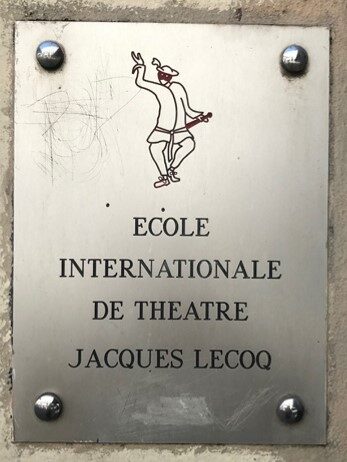
After the Sorbonne term ended in May, I turned my attention to professional development opportunities. I had long wanted to train at L’École Internationale de Théâtre Jacques Lecoq, a drama school specialising in physical theatre and mime. I was accepted onto their ‘Le Masque Neutre’ course, over which we learnt and played with the ‘journey of the masked man’. Through mask and mime, we experimented with how our bodies interact with various different natural environments: sea, forest, rocky mountains, stepping stones over a river, grassy fields and desert sand. This was an incredible experience both professionally and personally, consolidating for me the importance of awareness of breath, active presence and specificity of movement when performing.
I also enrolled on a screen acting course at the Cours Florent, another French drama school. This was a brilliant learning opportunity, and fascinating to compare with my experience at Lecoq: there was an important overlap in the foundational need for active presence and grounded emotion for both mediums. These two experiences gave me first-hand exposure to drama training in France and allowed me to network within the theatre community in Europe. I am immensely grateful for the generous financial support of St Hilda’s College and the Liz Daplyn Travel Bursary as well as the Cameron Mackintosh Drama Fund through the University Drama Officer, which helped me afford both courses. Like the Sorbonne student theatre, the training was not only beneficial for my professional development in the performing arts, but also hugely advantageous for my French language abilities. Speaking and acting fully in the French language, enabled me to broaden my vocabulary and hone my fluency ahead of my return to Oxford. All that remained was a wonderful final summer month fully dedicated to touristing around the city. July was a final adventure of ticking things off my Paris bucket list in the sun and seeing as much French theatre and film as possible, before coming back for fourth year and finals.
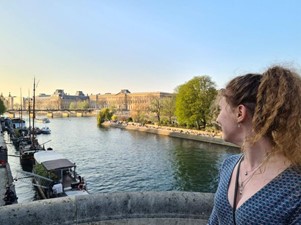
Merci, Elise!

